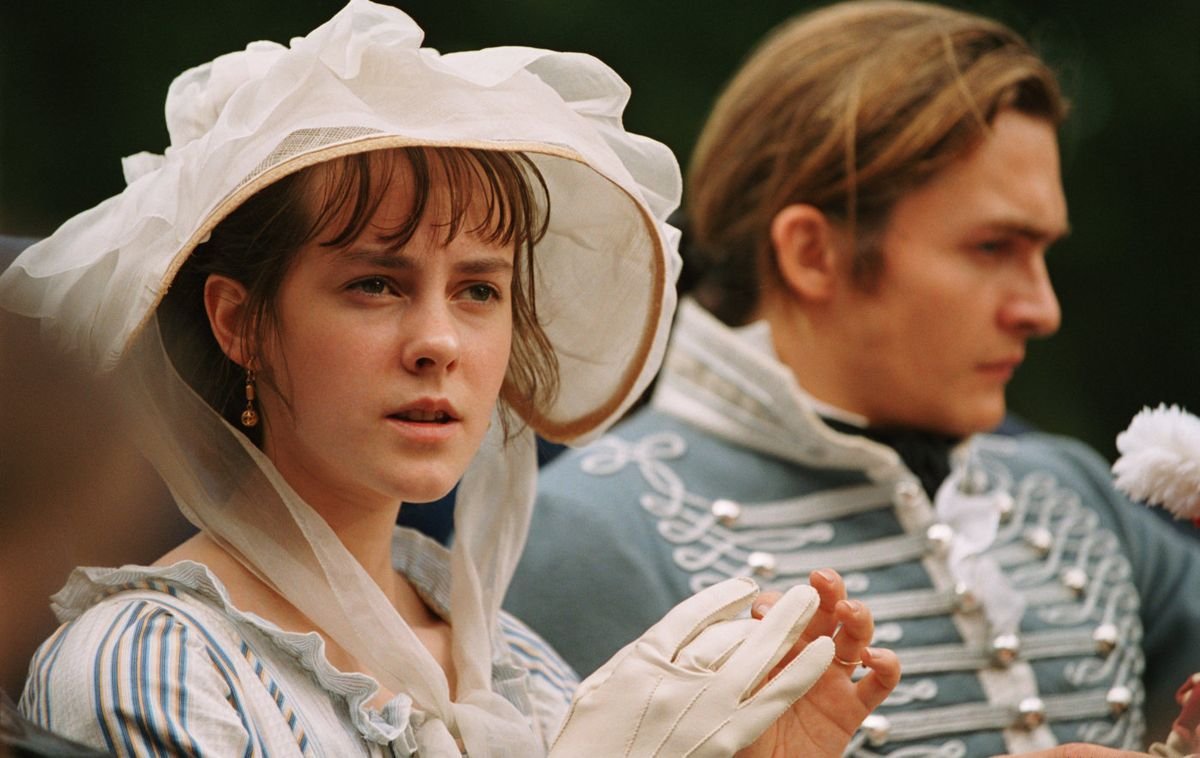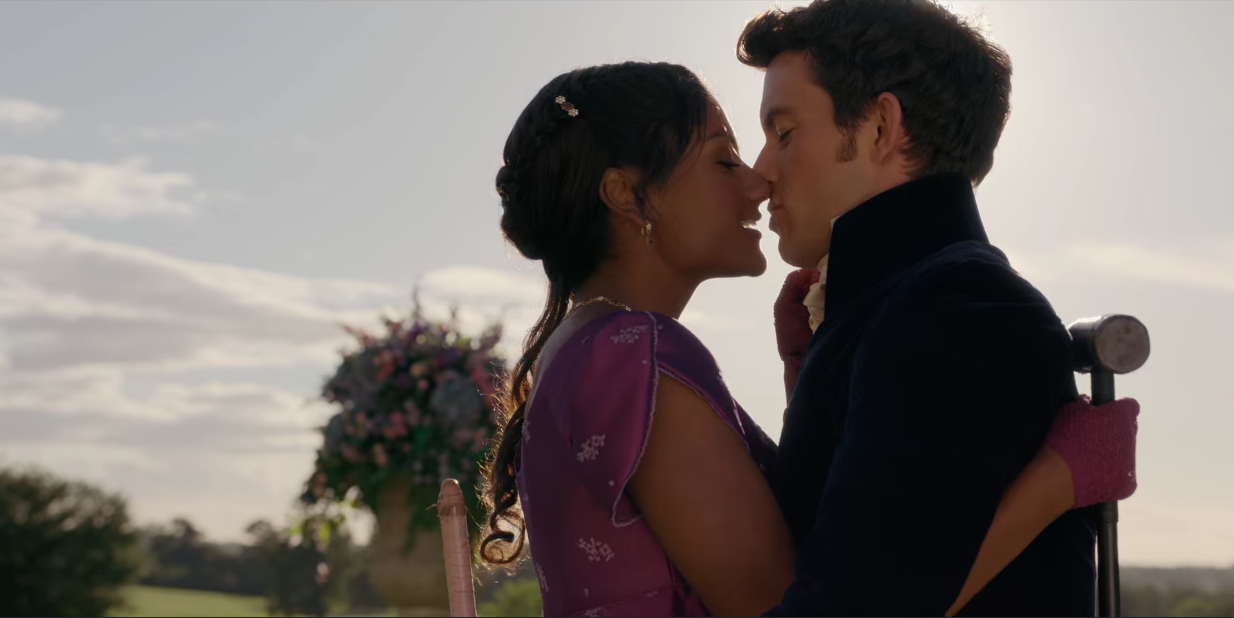Bridgerton Gives a Voice to Jane Austen’s Cautionary Tales
It’s no secret that Bridgerton draws a great deal of it’s inspiration from Jane Austen, that the entire genre of romance in books and movies and shows, owes a great debt to Ms. Austen and her timeless tales. And let’s be clear: I would never besmirch the woman who taught me to love love, to love reading and fiction, who crafted such nuanced and fascinating stories of humanity with strong, female protagonists and truth and wit woven into every word. But the reality is, she wrote more than 200 years ago, and while some things never change, some things do.
The wild women, the rule breakers, the sexually forward, badly behaved, scandalous ladies that made for fine cautionary tales in Jane Austen’s novels are our new heroines. And that’s a good thing.
If Jane Austen wrote Bridgerton, Daphne would have gone off with the Prince, the sensible, kindhearted man who wanted the same things as her. Kate would have ended up with Mr. Dorset and some scandal in Anthony’s past would have saved Edwina from a match with a man so careless with her heart. Or Edwina would have been the main character and Kate would have ended up the cautionary tale, the seductress who fell to the charms of the morally bankrupt Viscount.
But Bridgerton changes things. It gives voice to the Lydia Bennets, the Maria Rushworths, even the Eliza Williamses or Caroline Bingleys. It gives center stage to the girls who are not willing to work in the confines of their society, who are too impatient or too wild, too sharp and didn’t manage to fall in love with the perfect man exactly the first time. For all her headstrong ways, her pride and her prejudice, Elizabeth Bennet is a classic good girl. Perhaps a little less than the angelic Jane, but all the same.
Now, two hundred years later, it begins to look a bit preachy and conservative. It’s good to have those stories, the ones that remind us that goodness and virtue can win out, that love can be soft and kind and can live as something almost ethereal. But it’s important to remember that the “bad girls” are human beings, with thier own voice and agency and life. They have stories, too, and Bridgerton is starting to tell them.
The girl that gets groped in the garden and jilts a literal prince doesn’t get ostracized; she ends up a Duchess with a loving, almost ideal marriage. The girl that breaks up her sister’s wedding and has sex before marriage doesn’t end up pregnant and alone, but instead gloriously happy with a bright future as a viscountess. It doesn’t punish the girls who ran a little wild, who shirked duty and took care of themselves, who went outside what society prescribed to follow their hearts.
And the heroes of Bridgerton? They are the men Jane Austen would caution us away from . They are the rakes, the charmers, the bad boys who, in Austen, are there to warn young ladies about the intentions of young men. Again, this can be a good thing. There are absolutely many men out there who will say anything to a woman to get what they want from her, then leave her behind. But what we don’t get to see much of is a man who has made truly bad choices, not just a bit of stray arrogance or a misunderstanding, but is allowed to be redeemed. Any man that isn’t the strict, upright, and duty-bound hero is condemned to the margins in Austen. Here, in Bridgerton, he is given rich, complex backstory. We are able to empathize with and understand him in ways we never could in Austen because he would never be hero material by those standards.
I adore everything Jane Austen ever wrote. I will always advocate to go out and read her works; they are remarkable stories that reveal something so truthful and so real about what it means to be a person. But times have changed, Jane, and the girls that were by necessity relegated to the margins of society in the 1800s are now being celebrated for their bravery, their revolutionary spirit, their flaws that were exploited and their virtues that were ignored to make them a one-dimensional warning to young ladies everywhere.
You’re stepping into the spotlight now, ladies, and we’re here for every minute.




